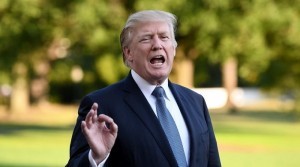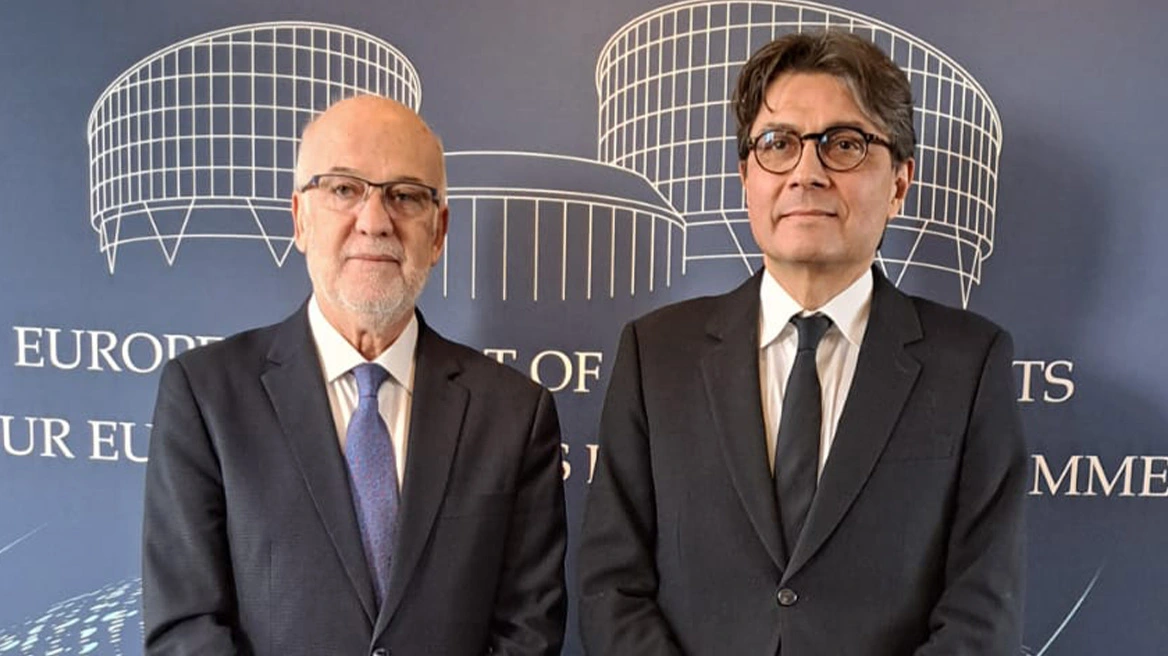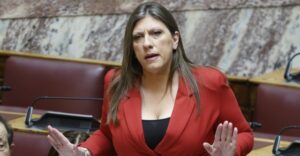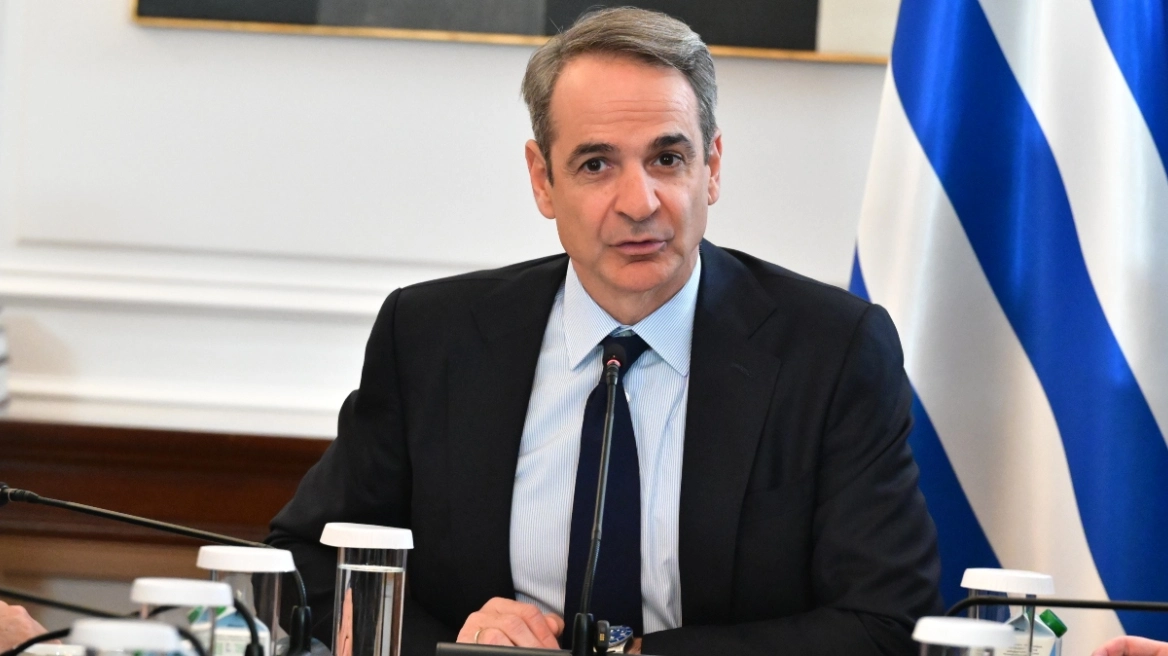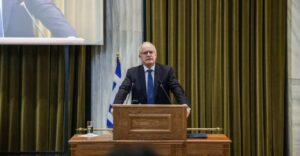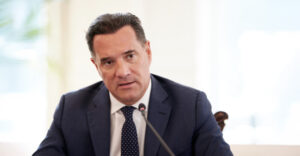Donald Trump is expected to announce today that the United States recognises Jerusalem as the capital of Israel, and that he is moving the US Embassy there from Tel Aviv, risking a furious backlash in the Middle East.
The move sparked warnings from Middle East and European leaders that it could derail a fledgling US-led peace effort and unleash violent protests and turmoil in the region.
Senior Trump administration officials said the US president was simply “recognising a historic and present reality”. They said moving the embassy would take years, but Mr. Trump had directed the US State Department to “start the process”. he status of Jerusalem is one of the most sensitive issues in the Israeli-Palestinian conflict, and Palestinian leaders insist there is no hope for a peace agreement unless they are able to set up their own capital in East Jerusalem. Israel claims the entire city as its “eternal and undivided capital”.
Mr Trump’s move upends 70 years of US policy. Both Democratic and Republican presidents have always said that the status of the city be determined through peace negotiations.
The US president was expected to formally announce his decision in a speech at the White House today at 8pm UK time.
One senior US official said: “US policy is going to be honest about a reality that Jerusalem is the capital of Israel. It has been the capital of the Israeli people since ancient times. It’s undeniable, it’s just a fact.”
He pointed out that Israeli ministries, the Supreme Court, and the prime minister were in Jerusalem.
Mr. Trump will not set out a timetable for moving the embassy, with one official pointing out that it took “eight years” to move the US Embassy in London.
“No embassy is constructed anywhere in the world in less than three to four years. That is going to be the case here as well,” the official said. “But, once an embassy begins the process of building, that moves to completion. Once it begins, the course is set.
“We don’t just put a plaque on the door, there are major security concerns that have to be followed.”
It was a “practical impossibility to do it tomorrow” as 1,000 personnel would have to be moved, he said.
Britain is concerned about Mr. Trump’s plan to recognise Jerusalem as Israel’s capital, Foreign Secretary Boris Johnson said.
Speaking as he arrived for a Nato meeting in Brussels on Wednesday, Mr. Johnson said: “We view the reports that we have heard with concern, because we think that Jerusalem obviously should be part of the final settlement between the Israelis and the Palestinians, a negotiated settlement.”
No location has yet been picked in Jerusalem and that will be part of the plan drawn up by the State Department.
Mr. Trump was also expected to say in his speech that he is committed to a peace deal between Israel and the Palestinians, and that he “understands Palestinian aspirations”.
He had a longstanding commitment to move the embassy, having repeatedly pledged to do so during last year’s election campaign.
That pledge resonated with both evangelicals and leading pro-Israel Republican donors, some of whom had expressed disappointment that he did not do so immediately on taking office in January.
Jerusalem includes the holiest ground in Judaism but it is also home to Islam’s third-holiest shrine and major Christian sites.
Any perceived harm to Muslim claims to the city has triggered volatile protests in the past.
Amid fears of a backlash America’s current consulate in Jerusalem has already ordered US personnel and their families to avoid visiting Jerusalem’s Old City or the West Bank.
In 1995 President Bill Clinton signed a law that said the US must relocate its diplomatic presence to Jerusalem unless the commander-in-chief issued a waiver on national security grounds.
Successive presidents have repeatedly signed the waiver every six months.
US officials said Mr. Trump would sign the waiver, which is due this week, but that was in order to avoid funding cuts to the State Department that would be triggered by not signing, and the embassy would in fact be moving.
They said the move had broad bipartisan support of Congress.
A senior White House official said: “This is bringing US policy fundamentally in line with the will of the American people.
“Delaying the recognition of Jerusalem has done nothing to support the peace process in two decades. The physical presence of the US embassy does not affect a peace deal. The president came to the judgment that this was the right time and the right decision to make.”
Some key national security advisers, including Secretary of State Rex Tillerson, were believed to have urged caution.
Mr. Trump has previously spoken of his desire for a “deal of the century” that would end Israeli-Palestinian conflict.
But Husam Zomlot, the Palestinians’ chief delegate to Washington, said recognising Jerusalem as the capital of Israel was a “stab in the back”.
Mr. Trump spoke with Israeli Prime Minister Benjamin Netanyahu, who has long backed moving the US embassy to Jerusalem.
He also spoke ahead of the announcement to Mahmoud Abbas, the Palestinian president, and King Abdullah of Jordan.
King Salman of Saudi Arabia warned Mr. Trump that “such a dangerous step is likely to inflame the passions of Muslims around the world”.
The Palestinians had threatened earlier to walk away from peace talks if the White House made a unilateral decision on recognising Jerusalem as Israel’s capital.
Nabil Shaath, an adviser to Mr. Abbas, said: “That totally destroys any chance that he (Mr. Trump) will play a role as an honest broker.”
Abdel Fattah el-Sisi, Egypt’s president, also told Mr. Trump he opposed the move.
Palestinian factions called for three “days of rage” in protest at the decision, and Israeli security forces were bracing for unrest in Jerusalem and the occupied West Bank.
US embassies throughout the Muslim world have also been warned to prepare for protests.
Leaders and diplomats from Iraq, Turkey, Jordan, Egypt, Saudi Arabia, and the Arab League issued their own urgent late appeals in the hope of persuading Mr Trump not to forge ahead.
Recep Tayyip Erdogan, the Turkish president, said: “Jerusalem is a red line for Muslims.”
source: telegraph.co.uk
Ask me anything
Explore related questions
